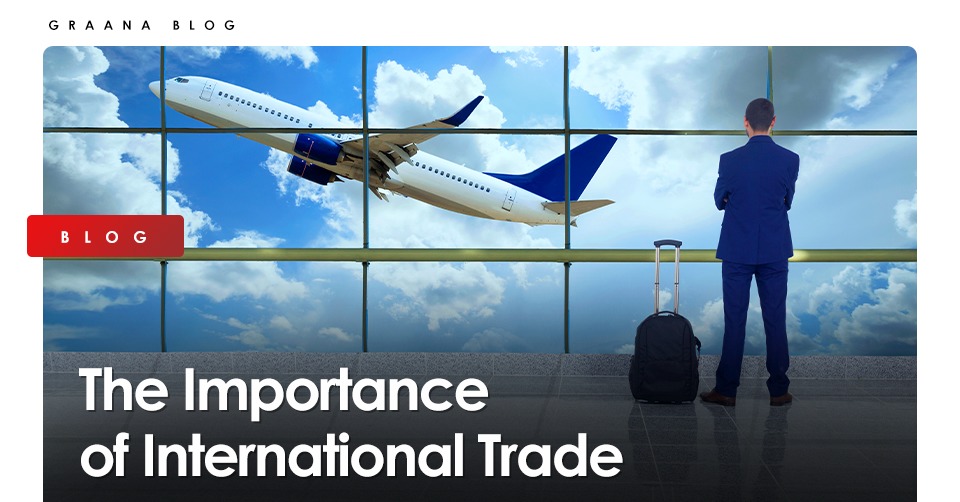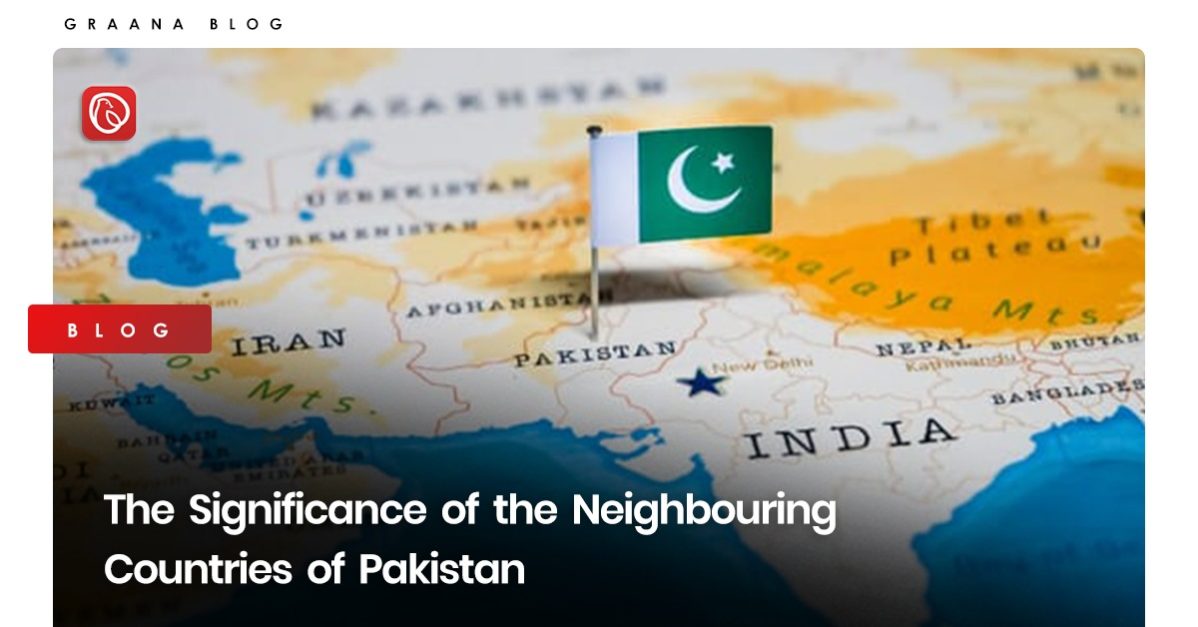International trading has always been an imperative factor in improving living standards, providing better opportunities, and allowing consumers to practice and enjoy an improved lifestyle and variety of goods. International trading came into existence since the earliest civilizations practiced trading; however, international trading has gained importance with a larger share of GDP related to exports and imports in recent years.
The World Bank statistics reports show that world exports of GDP have raised from 12% in 1960 to approximately 30% in 2015.
Types of International Trade
To understand international trading better, let’s have a look at the types of international trade. There are three types of international trade:
- Export Trade
- Import Trade
- Entrepot Trade
Export trade is when a good is produced in one country and is sold and shipped to another country. Import Trade, on the contrary, refers to the good purchased into one country from another country. Entrepot trade is a combination of the former explained trading. Entrepot trade is also known as Re-export. It refers to importing goods from one country and exporting it to another nation/country after adding some value to it.
For example, India makes jewelry by importing gold from China and then further exports it to its neighboring countries.
Free Trading Problems
It’s not surprising that the people are concerned about a few negative impacts of free trade, given the importance of free trade to an economy.
Infant industry argument:
The threat that free trade may cause many countries to specialize in primary products, goods that possess unpredictable prices, and low-income elasticity of demand. In order to develop, economies need to pay attention to diversifying the economy and limiting imports. To clarify, this is not something against trade but is a call to awareness in the realm of trade to be managed instead of relying entirely on free markets.
Trade can lead to cultural homogenization:
Some fear trade has the advantage to multinational brands, which may negatively impact the local produce and traditions. Supporters assert that if local products are good quality-wise, they must create a niche over the global brands.
Displacement effects:
Free trade can harm the industrial sector as it may cause the closing down of domestic industries, resulting in structural unemployment. The issue with free trade here is that many may succeed, but the defeated are not compensated. However, free-market economists believe that a certain level of productivity destruction is inevitable in an economy, and there is no choice of a static closed economy. On the bright side, if the uncompetitive firms shut down, new jobs will be created in different industrial fields.
Advantages of Trading
Comparative advantage
The comparative advantage is a theory that states that the countries must specialize in those goods where they have a lower opportunity cost. If one country can produce two goods at a lower cost, it doesn’t imply that they can or should produce everything. India, having lower labor costs may possess the comparative advantage in labor-intensive production, clothing manufacture, call centers, etc. Thus, it would be wise for India to export these goods and services.
Greater choice for consumers
New trade theory lays less stress on comparative advantage and relative input cost. The new trade theory reflects that the driving force behind the trade is the consumers offering a great choice of differentiated products in the real world.
Scaling economies
If a country decides to sell goods in an international market, it must produce goods beyond the domestic demands. So, manufacturing higher volumes gives way to economies of scale, which means the cost of producing each item is decreased.
Abundant raw materials
Many countries have natural raw materials such as oil from Qatar, metals & fish from Iceland, butter from New Zealand, etc. Without trade being practiced, these countries won’t benefit from the natural endowments of raw material.
Eli Heckscher and Bertil Ohlin is known as the Heckscher-Ohlin (H-O model). The model stated that countries naturally abundant in raw materials should specialize in producing and exporting goods. Countries will import such goods where resources are rare and limited.
Competition
Trading of goods and services in the foreign market welcomes a boost in the competition. It is beneficial for local suppliers and consumers. The suppliers need to be sure that their prices are market competitive to meet the foreign competition.
Job opportunities
An increase in international trade creates several job opportunities in both countries. That’s one reason why significant countries such as Japan, the US, Canada, and South Korea have lower unemployment rates. Improvement is the critical factor of competition. Trade allows countries and nations to produce goods and services modernized yet cheap.
Disadvantages of International Trade
Over-dependence
Companies and countries practicing foreign trade are vulnerable to global events. An unpleasant event may affect the demand for the product and lead to job losses. For example, the recent US-China trade war adversely affected the Chinese export industry.
Unfair to new companies
Start-ups who don’t possess many resources and experience may find it challenging to compete against big firms.
A threat to national security
If a country is over-dependent, say, on the imports for strategic industries, the exporters may force it to decide that may or may not be in the national interest.
Pressure on natural resources
Countries have limited resources. Therefore, if they allow foreign companies to intervene, they may run out of their resources faster.
What’s the need for international trade?
Trade enlarges the scope of trade. In simpler words, Tarde brings trade. Benefits from trade are gained via specialization, the division of labor. The division of labor and specialization in a nation make an essential amount of exchange, so a more significant division necessitates better, long-term trade.
Adam Smith highlighted the importance of trade, the advantage of specialization, and its economic benefits. Every country produces maximum goods on the grounds of comparative advantage. So, we have production gain and consumption gain. By exchanging goods, countries can consume more trade than before. This will ultimately cause national productivity.
Moreover, vent for surplus; gain from trade was also introduced by Adam Smith. Smith argued that trade was a medium of disposing of surplus produce for exports. International trade tends to increase the level of productive activity by generating efficient utilization of resources. This way, countries experience surplus produce for exportation.
Usually, countries trade internationally when there are fewer resources to meet the domestic demand. Thus, by importing the needed goods, a country can put their domestic resources to use and make what they are good at. The government can then export surplus in the international market. Mainly, a country imports goods and services because for the following reasons:
Price
If foreign companies can allow goods and services at a cheaper rate, it may pose as beneficial to opt for foreign trade.
Availability
Suppose the production is possible domestically, such as a fruit or a mineral. For example, Japan has no natural reserves of oil. Hence, it imports all of its oil.
Demand
If demand for a product is more in a country than what it can produce domestically, then it is suitable for import.
Conclusion
Participating actively in the global economy allows consumers to use goods and services at their best prices. It is an essential factor of a nation relating to and with other nations and countries on sovereign grounds. Countries need interaction with each other to be recognized by the international community. Thus, trading is one peaceful way to do that. International trade shows commitment to being a part of the international community and aims to work with different nations reasonably.
International trade shows a commitment to being a part of the international community and working with other nations peacefully and reasonably.




